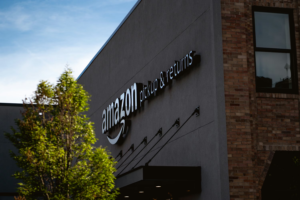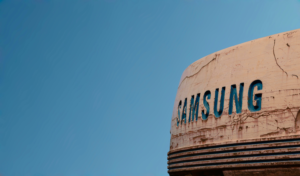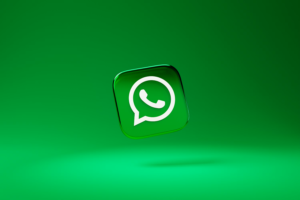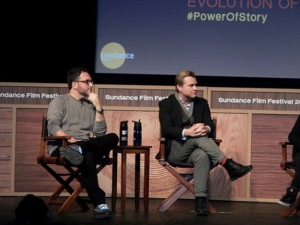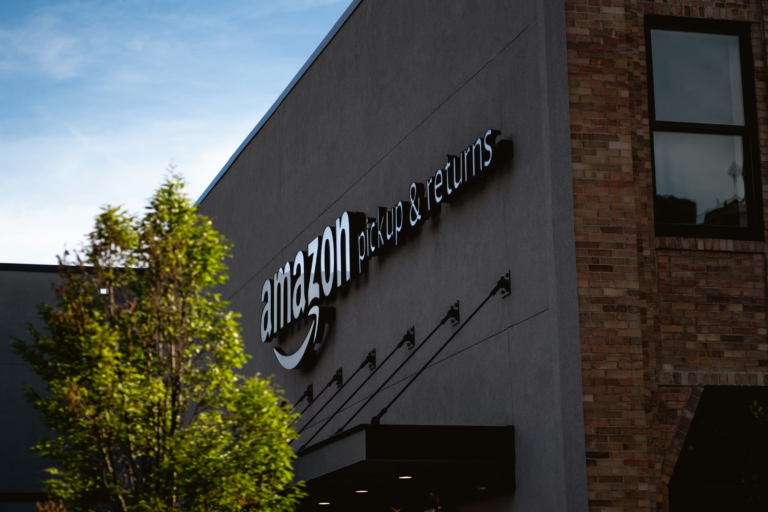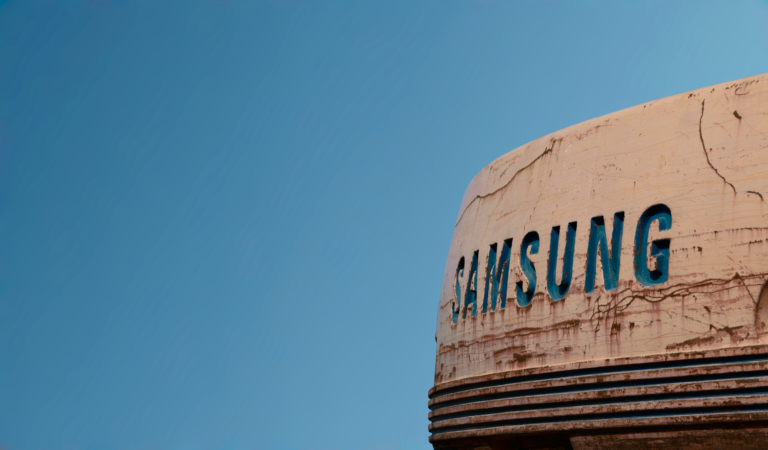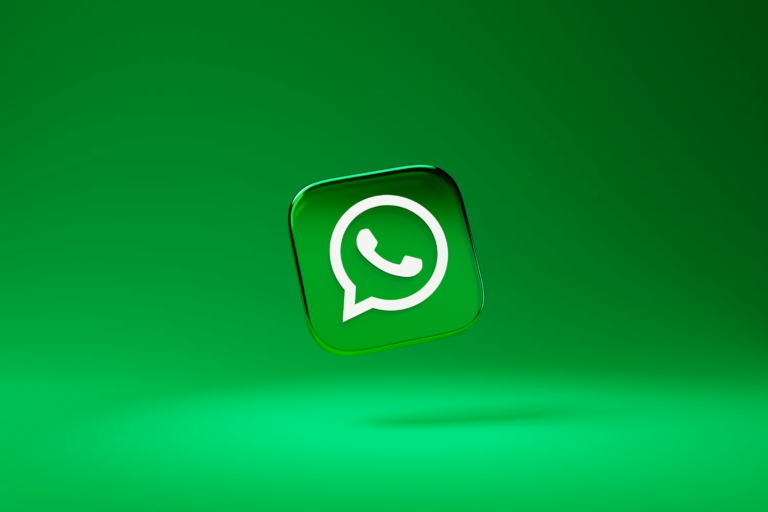The FTC v. Microsoft hearing commenced with a bang as Microsoft dropped a bombshell email from Sony’s PlayStation chief, Jim Ryan, during the opening statement of their lawyer, Beth Wilkinson. The email exchange between Ryan and former CEO of Sony Computer Entertainment, Chris Deering, revealed that Ryan did not believe Call of Duty would become an Xbox exclusive and that PlayStation would be unaffected.
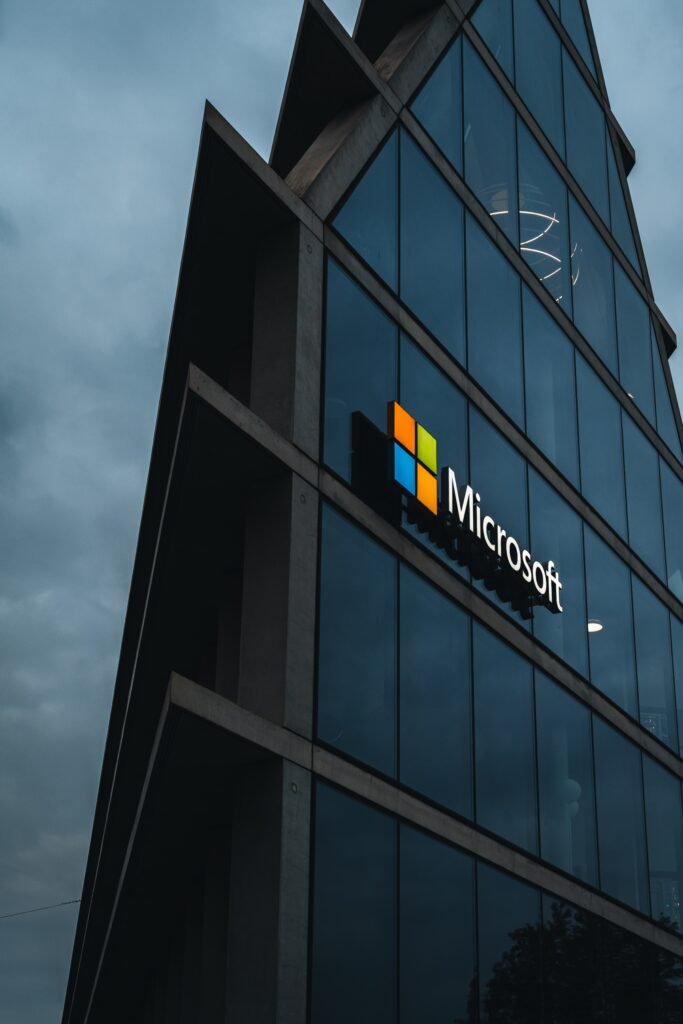
Ryan stated, “It is not an exclusivity play at all. They’re thinking bigger than that and they have the cash to make moves like this.” He expressed his lack of concern about Call of Duty exclusivity, as he had personally spoken to Bobby Kotick, CEO of Activision, Phil Spencer, the head of Xbox, and even received assurances from Microsoft CEO Satya Nadella.
Furthermore, it was revealed that Sony was on the verge of announcing its acquisition of Bungie, just days after Ryan’s email exchange. Ryan confidently stated, “We have some good stuff cooking,” referring to Bungie. He acknowledged his disappointment about the situation but expressed confidence that PlayStation would thrive.
This revelation set the tone for the rest of the day, with Microsoft asserting that “Sony has known all along we’ll stand by our promise.” They accused Sony of lobbying against the deal to protect its dominant position in the market.
The FTC also presented its opposition to Microsoft’s proposed acquisition of Activision Blizzard. Their lawyer, James Weingarten, emphasized the significance of Activision games to the industry and stated that the evidence presented by the FTC was only a fraction of what could raise anti-competitive concerns. The FTC also expressed concerns about the impact on cloud gaming and announced their intention to call on two Nvidia executives as witnesses to testify about advancements in cloud gaming technology.
The hearing moved forward swiftly, bringing Matt Booty, head of Xbox Game Studios, to the stand. The debate between Microsoft and the FTC centered around whether the Nintendo Switch should be considered a true competitor to Xbox or if the market was limited to high-performance consoles like the PS5 and Xbox Series X. Booty clarified that adapting Call of Duty for the Switch would require adjustments to graphics and assets, potentially making it a separate game from the Xbox and PlayStation versions. The inclusion of Nintendo in the market share calculation was crucial because, without it, Xbox claimed to hold nearly half of the US console market share, positioning itself as a close rival to PlayStation.
The FTC also highlighted Microsoft’s previous practice of blocking its first-party games from rival cloud streaming services. Booty’s frustration over Nvidia featuring Xbox PC games on its GeForce Now streaming service without Microsoft’s permission was revealed in an email from 2019. However, Booty acknowledged that his perspective had changed since then, stating that content alone is not a durable advantage and can be replicated by competitors.
Next on the stand was Pete Hines, Bethesda’s head of global publishing. The FTC questioned Hines about game exclusivity, drawing parallels between Microsoft’s acquisition of Bethesda and the potential consequences for Activision Blizzard. Hines addressed his previous apology to disappointed fans who wouldn’t be able to play Starfield on their PS5 and emphasized his discomfort with player dissatisfaction.
The FTC argued that game exclusivity is anti-competitive and sought to convince Judge Jacqueline Scott Corley that Microsoft would treat Activision Blizzard similarly to Bethesda. However, Microsoft’s lawyers probed Hines to present an alternate viewpoint. Hines disclosed that the upcoming Indiana Jones game from Bethesda would be exclusive to Xbox and PC, despite originally being planned for multiple consoles. He cited reducing risk and attaining certainty as the rationale behind the decision.
Sarah Bond, head of Xbox creator experience, also took the stand and engaged in detailed discussions with Judge Corley. Bond provided explanations about license agreements for Xbox Game Pass, cloud gaming, and the benefits they bring to the gaming ecosystem. She emphasized the value of subscription-based services like Xbox Game Pass in providing affordable access to a wide variety of games and fostering a thriving community of developers and players.
The FTC pressed Bond on the potential negative impact of Microsoft’s acquisition on independent developers, expressing concerns about reduced competition and fewer opportunities for smaller studios. Bond countered by highlighting Microsoft’s commitment to supporting independent developers through initiatives like the ID@Xbox program and ensuring they have access to a broader audience through platforms like Xbox Game Pass.
As the hearing progressed, both Microsoft and the FTC presented additional evidence and witnesses to support their respective arguments. The debate touched on various topics, including market dominance, the potential impact on game prices, consumer choice, and the future of cloud gaming.
Judge Corley listened attentively, asking insightful questions and seeking clarity on key issues. She displayed a keen interest in understanding the dynamics of the gaming industry and its potential implications for competition and consumer welfare.
The hearing concluded with closing statements from both parties. Microsoft reiterated its commitment to preserving competition and innovation, asserting that the proposed acquisition of Activision Blizzard would bring numerous benefits to players and the gaming industry as a whole. The company emphasized its track record of fostering a diverse and inclusive gaming ecosystem while investing in new technologies and experiences.
The FTC restated its concerns about potential anti-competitive effects, particularly in relation to game exclusivity, market concentration, and the potential erosion of consumer choice. The agency argued for careful scrutiny and the consideration of appropriate remedies to address any potential harms resulting from the acquisition.
With the hearing adjourned, Judge Corley will now review the evidence presented and arguments made by both parties before making a decision on the proposed acquisition. The outcome of this case will have far-reaching implications for the gaming industry and shape the competitive landscape for years to come.
Data by TheVerge

